A friend stops by and rings our doorbell. I hop off the couch, put on my mask, and open the door to greet her. She has set a bag of goodies just outside the door and is standing back several feet. "Just dropping these off," she says through her own mask before adding, "How are you?"
I stare for a brief moment at my dear friend and take stock of the scene. This is someone I'd normally greet with a great big hug. Pre-pandemic, we'd visit in-person several times a week. Our families were used to having potlucks and playing games and watching movies together regularly before the pandemic hit. That personal closeness is still there, so the physical distance hits hard. This scene sucks. How do I even answer the question?
I miss the days when I could simply answer, "I'm fine, thanks. How are you?" It wasn't always true, of course—we all go through things sometimes—but the question itself was a pleasantry far less loaded than it is now. Under normal circumstances, there's a baseline of okay-ness that we assume of ourselves and others. Unless we're going through a particularly rough patch, we normally can say "I'm fine" and basically mean it.
Looking at my friend in her mask at the bottom of our front steps, I don't know what to say. After years of pandemic life and political and social unrest, I'm not fine. Nobody is. Even those of us who aren't struggling financially, who are in good physical health, who have a network of supportive friends and loved ones really aren't fine. And we all know it.
It's been a year, to say the least. Far more intensely than usual, things are very much not okay in our country and the world in general, so how can we expect ourselves to be? Saying "I'm fine" under these circumstances makes you sound like a psychopath. When so many people are suffering and the country has been through so much upheaval and nothing is normal and everything is wonky, "fine" is just not a word that fits.
Even if you actually are doing well on a personal level somehow, you can't really say that without feeling kind of guilty, right? "The world is on fire, but I'm great!" just doesn't land well. And again, even if we're doing okay ourselves, empathy for others who are dealing with the loss of loved ones, financial hardship, severe illness, kid struggles, etc. is a lot to handle. Maybe others aren't as bothered by it, but the weight of other people's struggles weighs heavily on me, even on days when I'm technically "fine."
So do you tell the truth? "Physically I'm okay, but mentally I'm drowning, and emotionally I'm a wreck, and I'd give my right pinky finger to sit in a crowded coffee shop without worrying about killing anyone" doesn't land all that well either. We don't want to burden other people with our problems, we don't want to complain when there are people that have it worse, and we don't want to bring other people down. But at least an answer like that would be honest.
The one silver lining to all of this is that we're all experiencing the heaviness of the world on some level, so that kind of raw honesty can actually bring us together. We're not supposed to be fine during a global pandemic and attempted overthrow of our government. We're not supposed to be fine when we have to choose between bonding in person with friends and saving the lives of the vulnerable. We're not supposed to be fine, so we certainly don't have to pretend to be.
Unlike normal times, when "fine" is an expected and accepted answer to the "How are you?" question, right now it's expected and accepted that we're not. And that's a relief in a way. We all know we're not fine, so why put up the pretense? Let's just acknowledge that we're all going through a rough period as a people, be ready to lend a listening ear if someone needs it, and share whatever we're experiencing ourselves.
Personally, I'm past the point of even wanting to vent. My go-to response has become, "All things considered, I'm hanging in there." Most days, that's the truth. Most days, that's about all we can reasonably expect of ourselves. With vaccines being rolled out and a shift in political leadership, there is some much-needed light on the horizon, but we still have a ways to go and it looks like a pretty treacherous landscape between here and there. So we hang in there.
Maybe instead of figuring out how to answer the "How are you?" question, we can just change the question to reflect reality. "You hanging in there?" seems like a better question right now than "How are you?" The latter is just too loaded, and few of us have the energy for more than a basic yes or no answer.
We're all starting from a baseline of not-okayness now, and we can find solidarity in that. Let's just acknowledge that truth, embrace the fact that we're all not fine, and do our best to be helpful and stay hopeful however we can together.
This article originally appeared on 01.30.20.
More on Good.is
Community Gardens Can Improve Your Mental Health, Study Shows ...
Why one boss's response to an employee's mental health request ...
Kristen Bell shares how her battle with mental illness exposes a ...





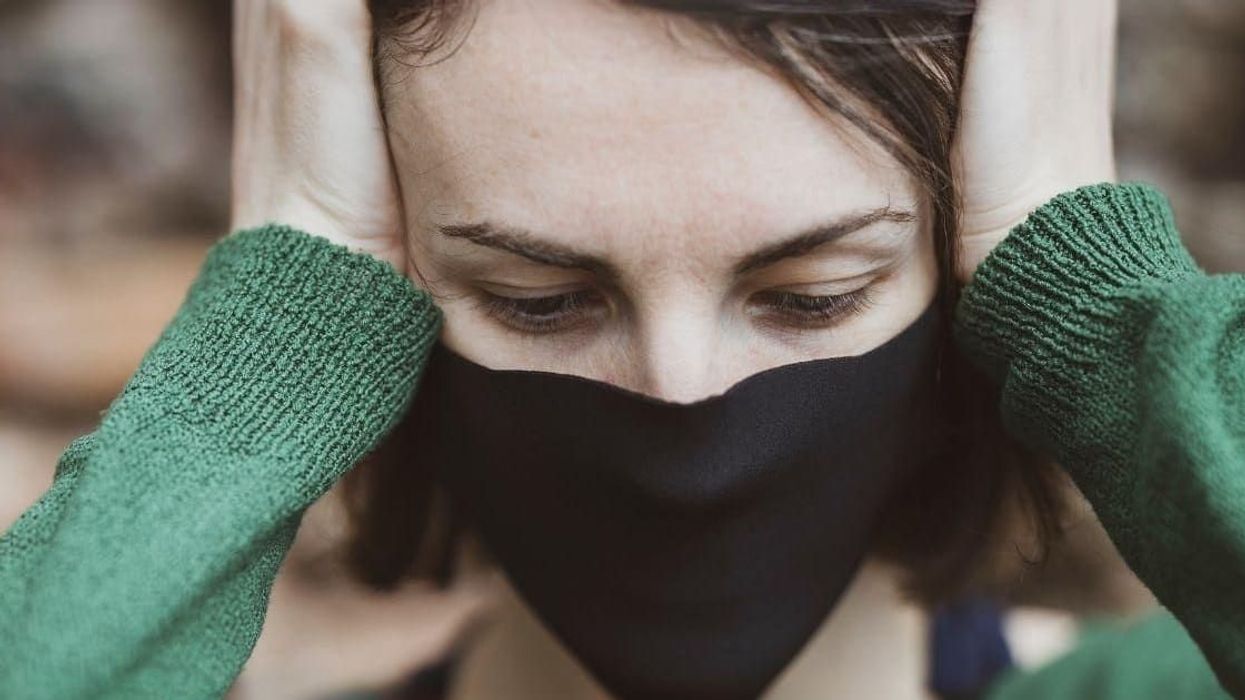










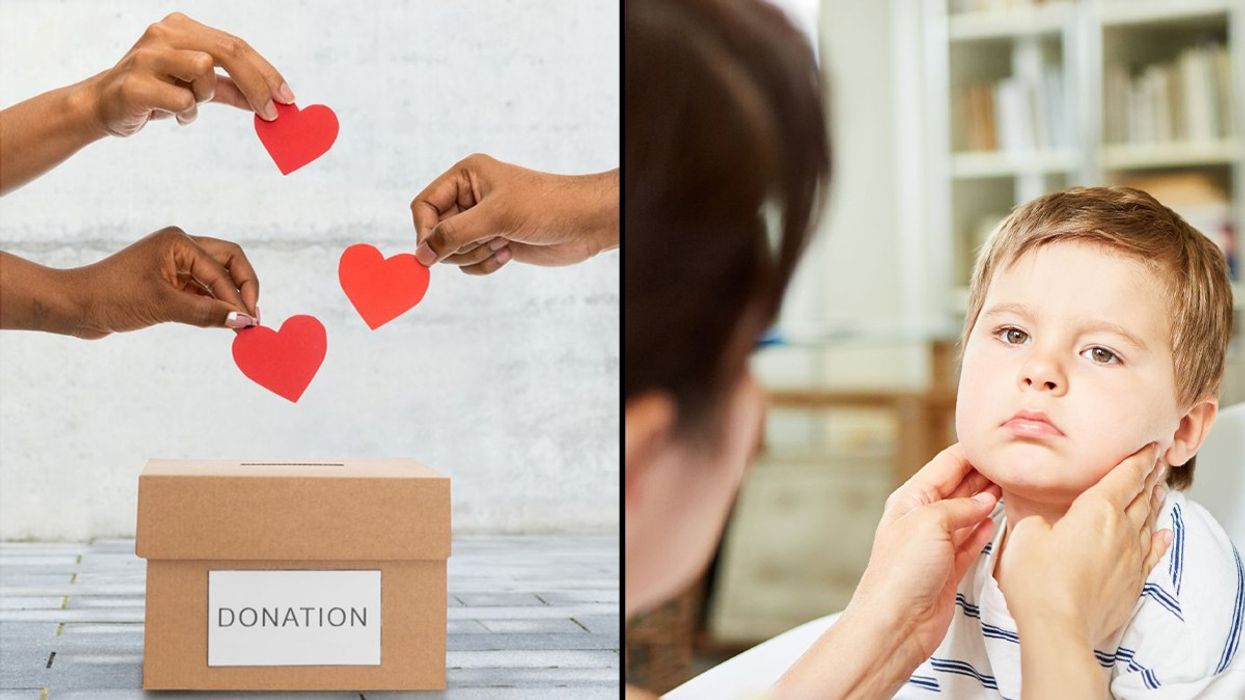
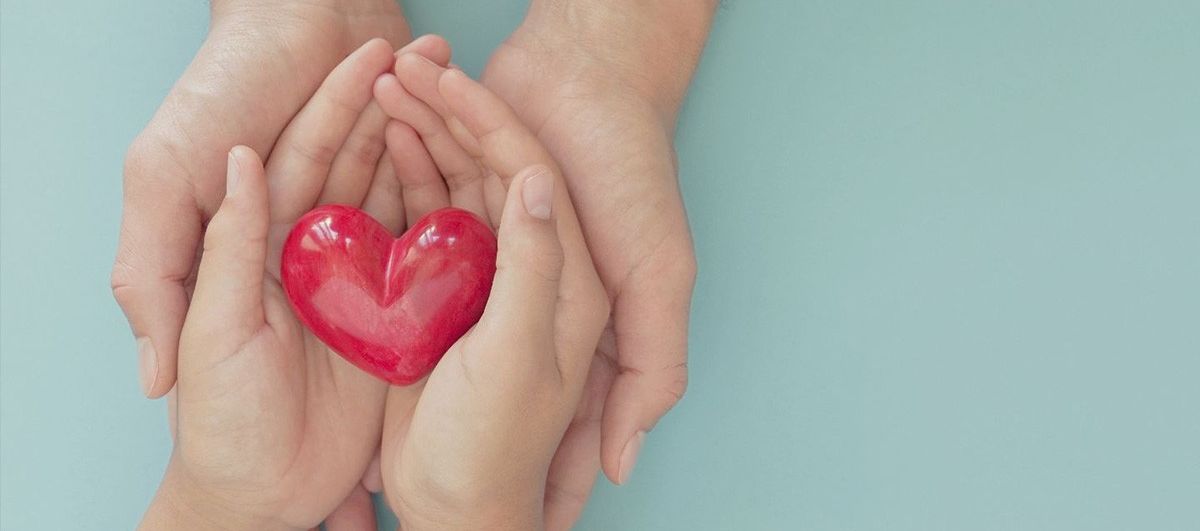 A symbol for organ donation.Image via
A symbol for organ donation.Image via 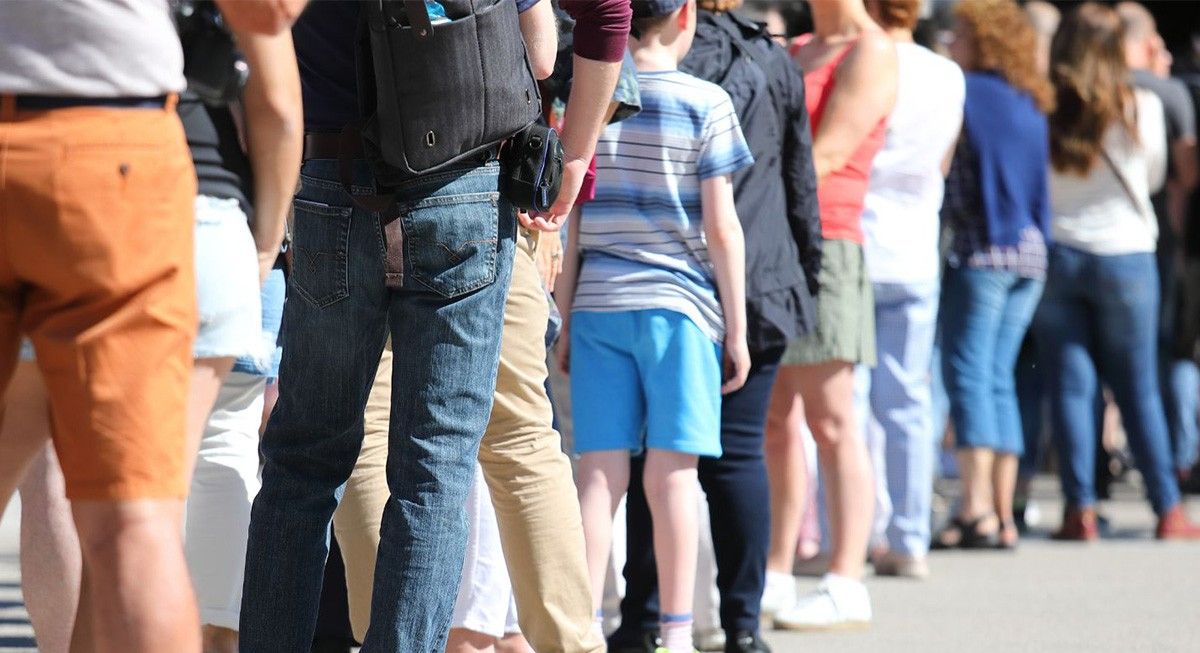 A line of people.Image via
A line of people.Image via 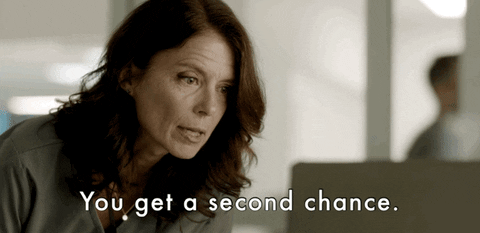 "You get a second chance."
"You get a second chance." 
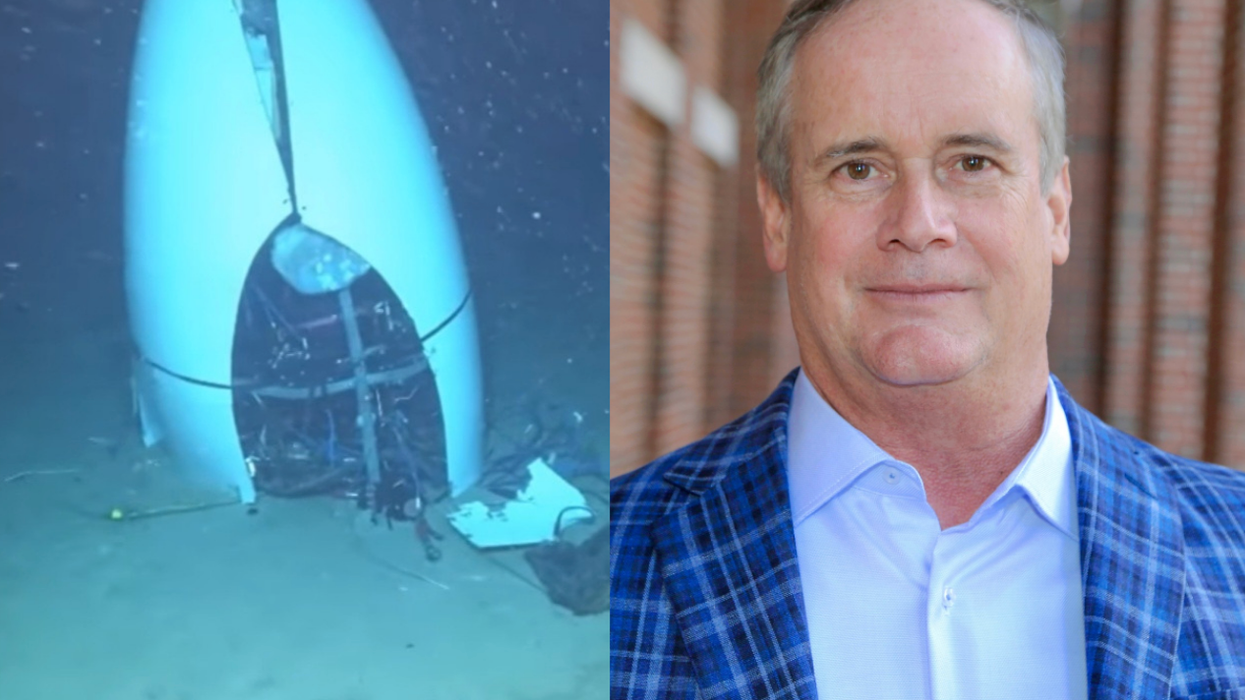
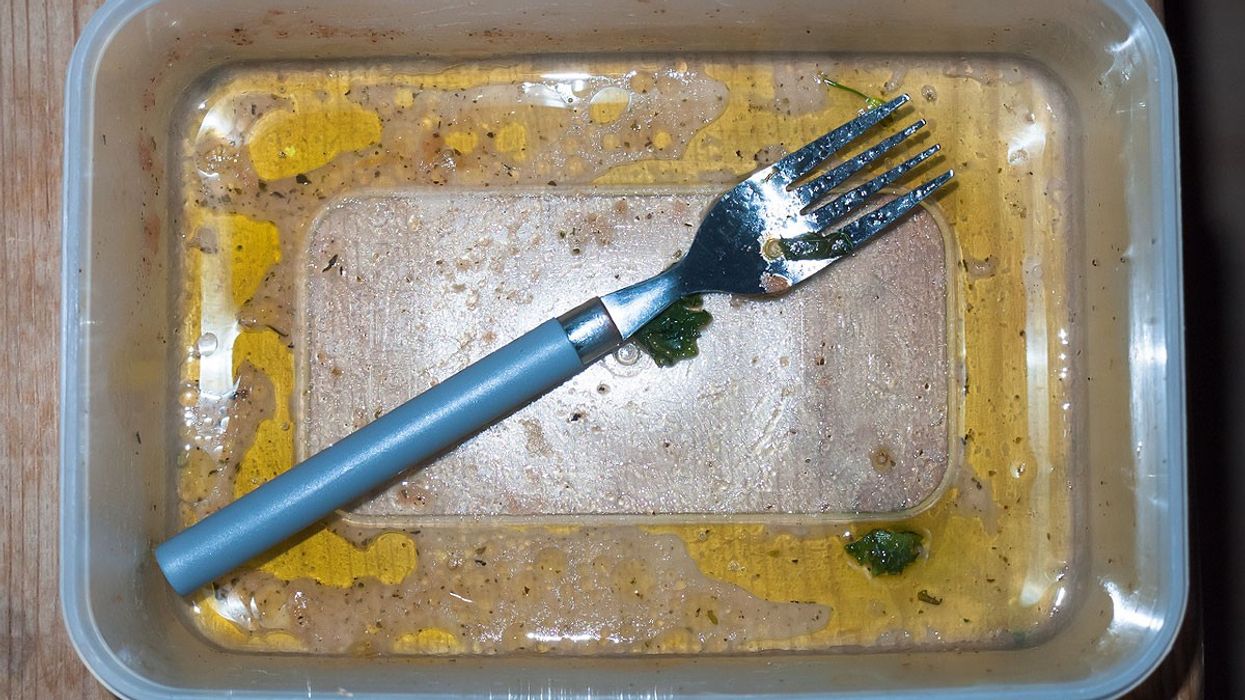
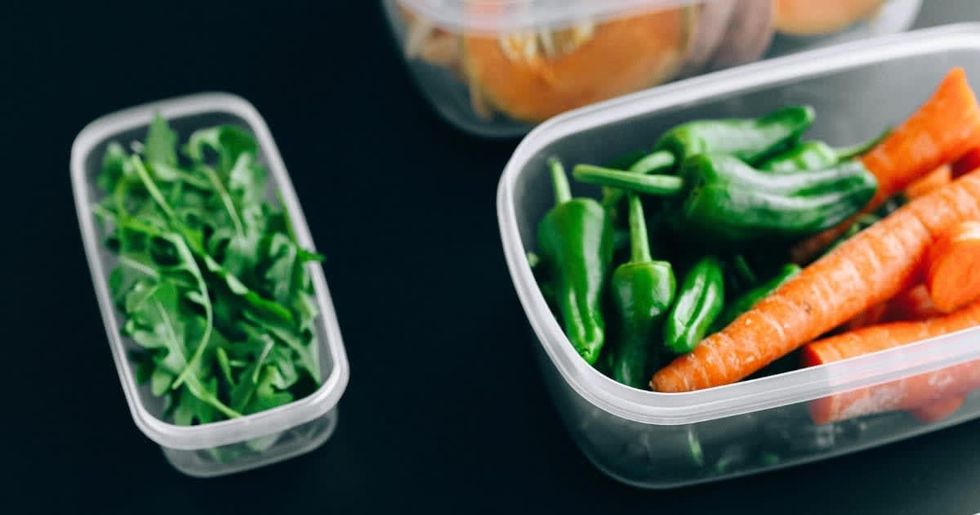 Some plastic containers.Representational Image Source: Pexels I Photo by Nataliya Vaitkevich
Some plastic containers.Representational Image Source: Pexels I Photo by Nataliya Vaitkevich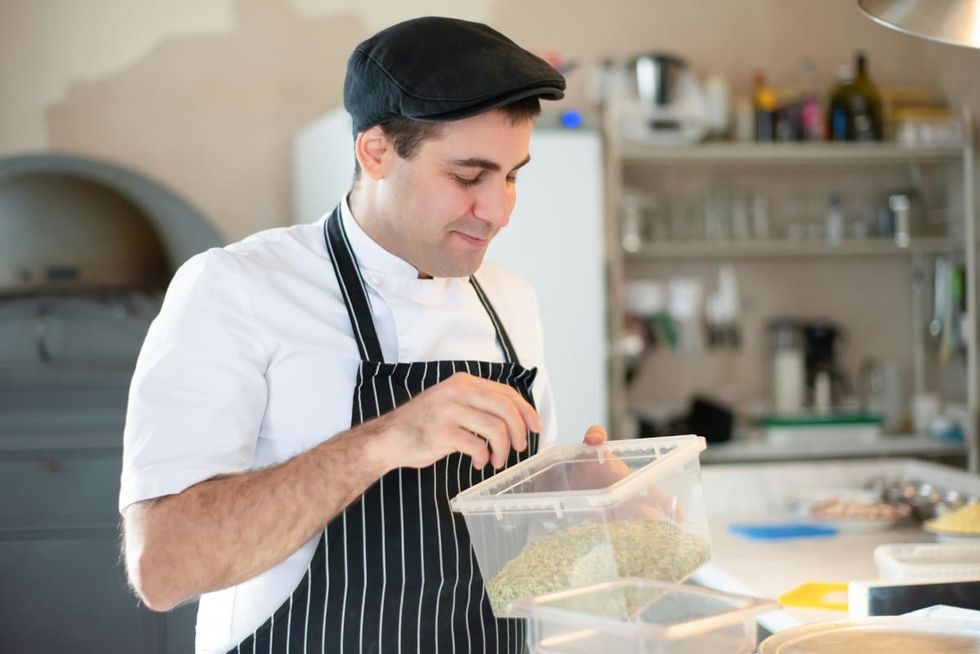 Man with a plastic container.Representative Image Source: Pexels | Kampus Production
Man with a plastic container.Representative Image Source: Pexels | Kampus Production
 Photo by
Photo by 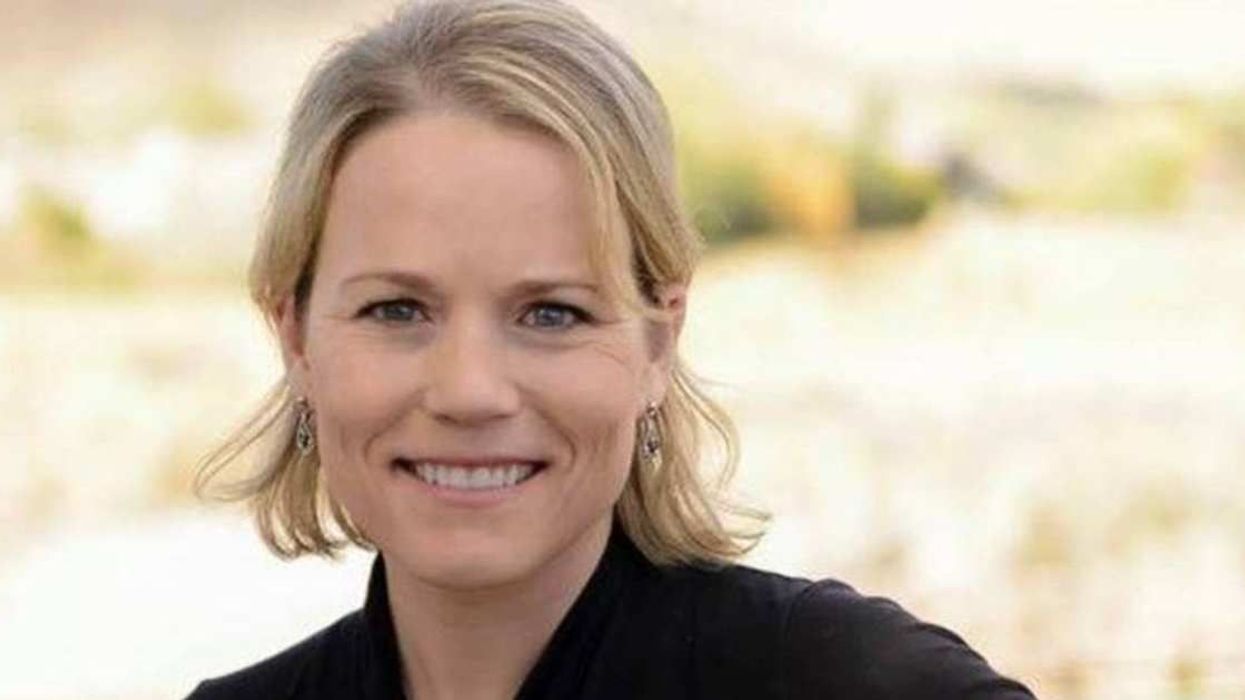
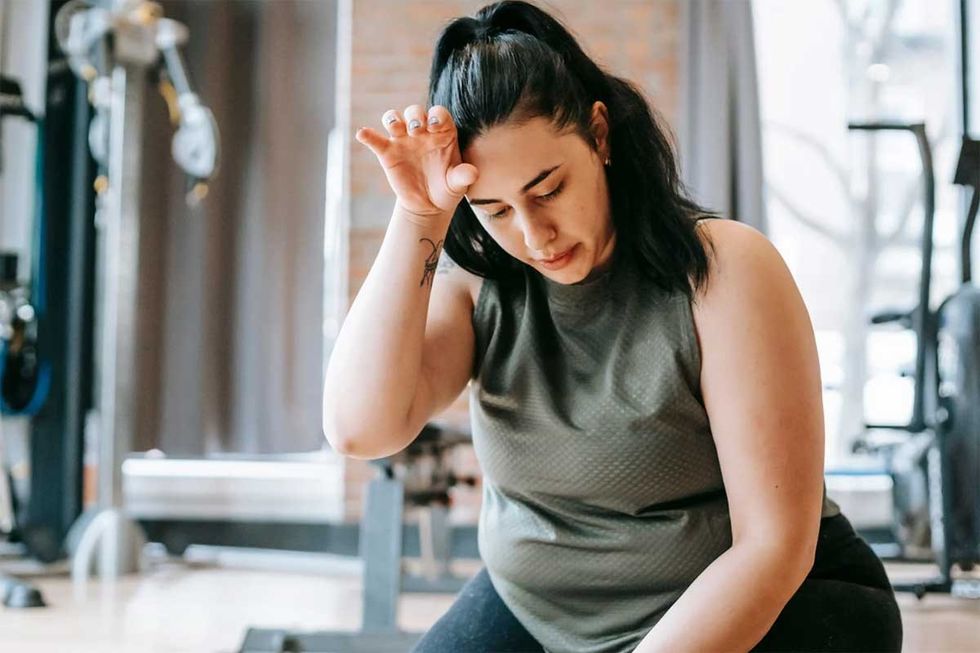 Canva
Canva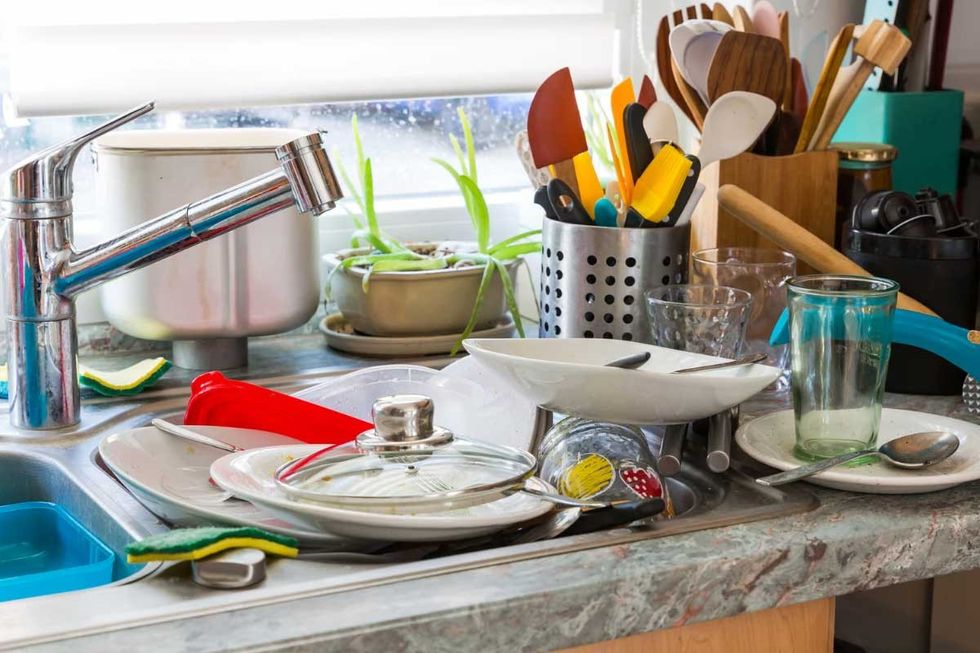 It's easy to let little things go undone. Canva
It's easy to let little things go undone. Canva
 Teens are waiting longer than at any point in the survey’s history. Canva
Teens are waiting longer than at any point in the survey’s history. Canva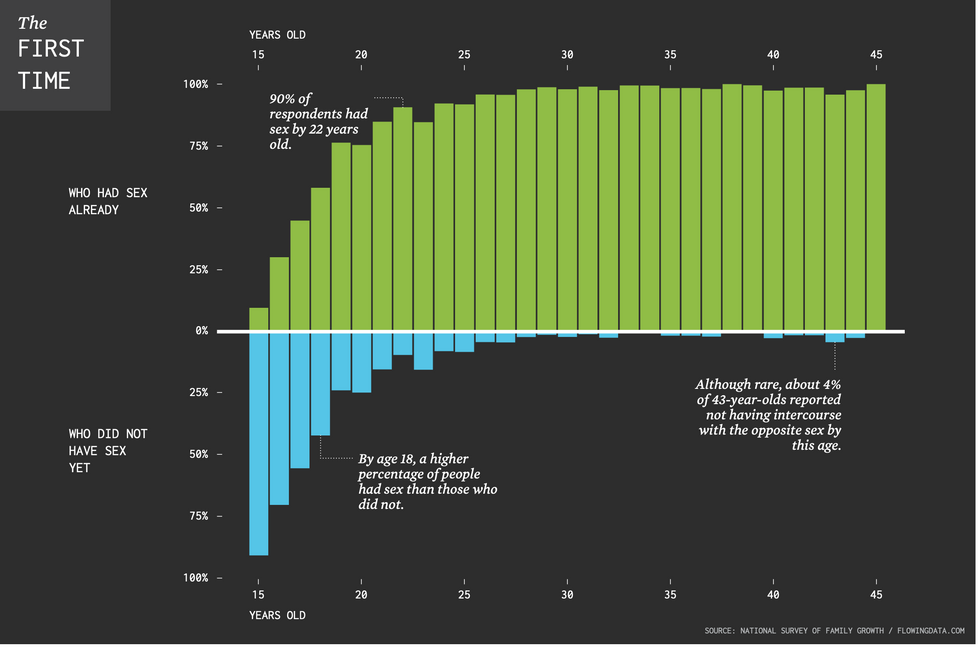 Chart on the age of a person’s first time having sex.National Survey of Family Growth/flowing data.com | Chart on the age of a person’s first time having sex.
Chart on the age of a person’s first time having sex.National Survey of Family Growth/flowing data.com | Chart on the age of a person’s first time having sex.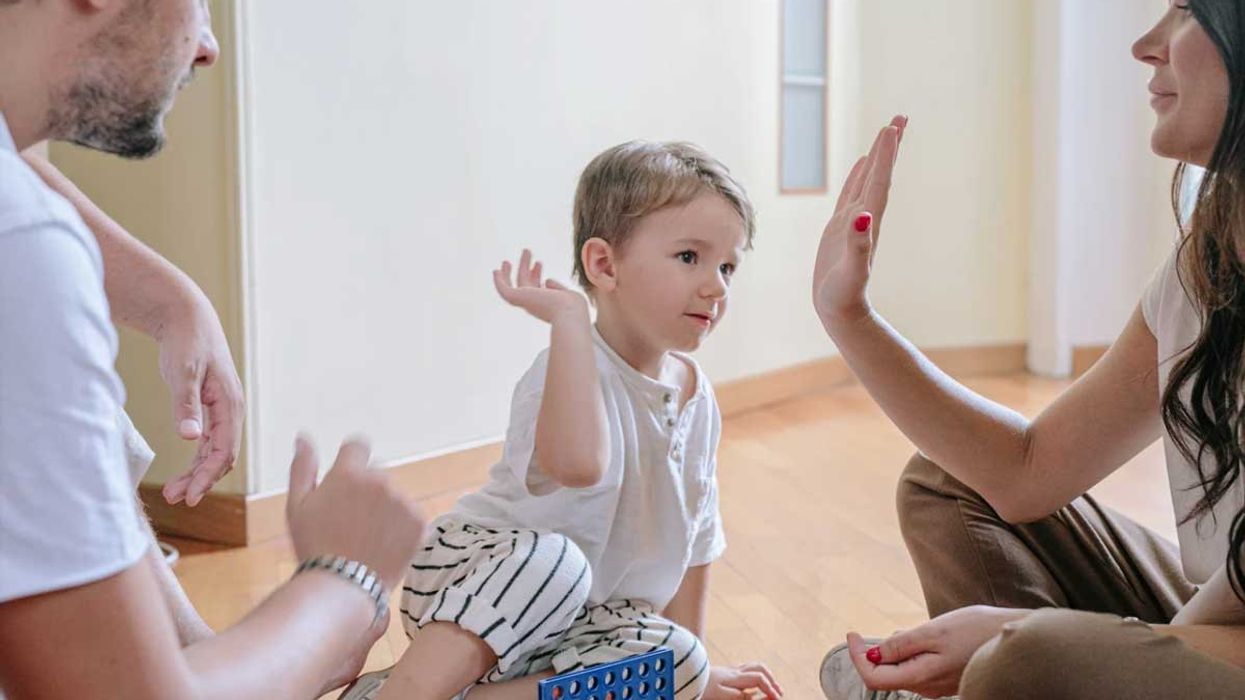
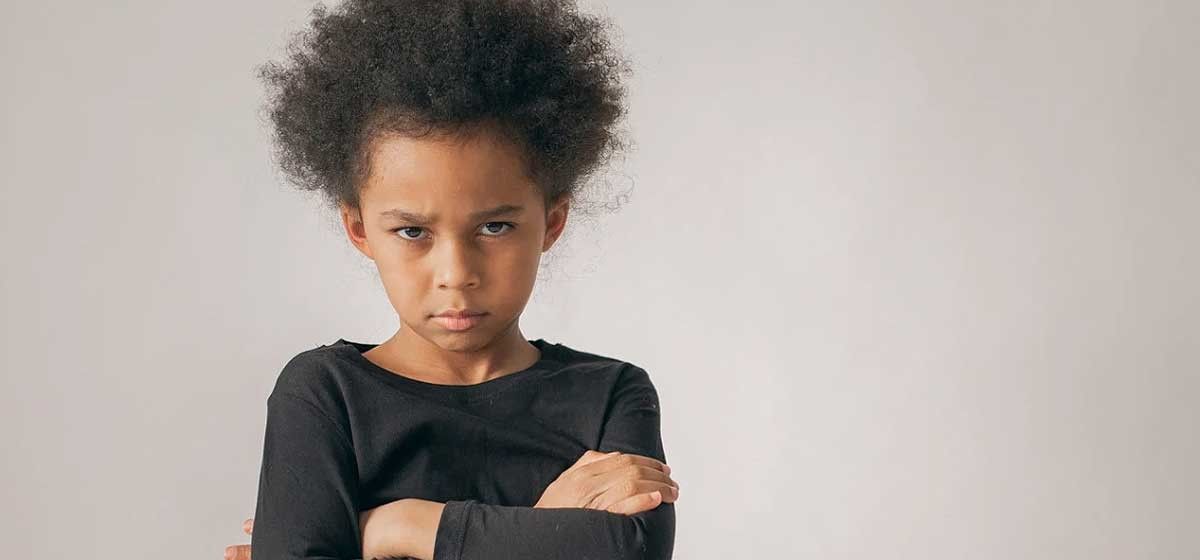 Kids know the good adults from the bad.
Kids know the good adults from the bad.